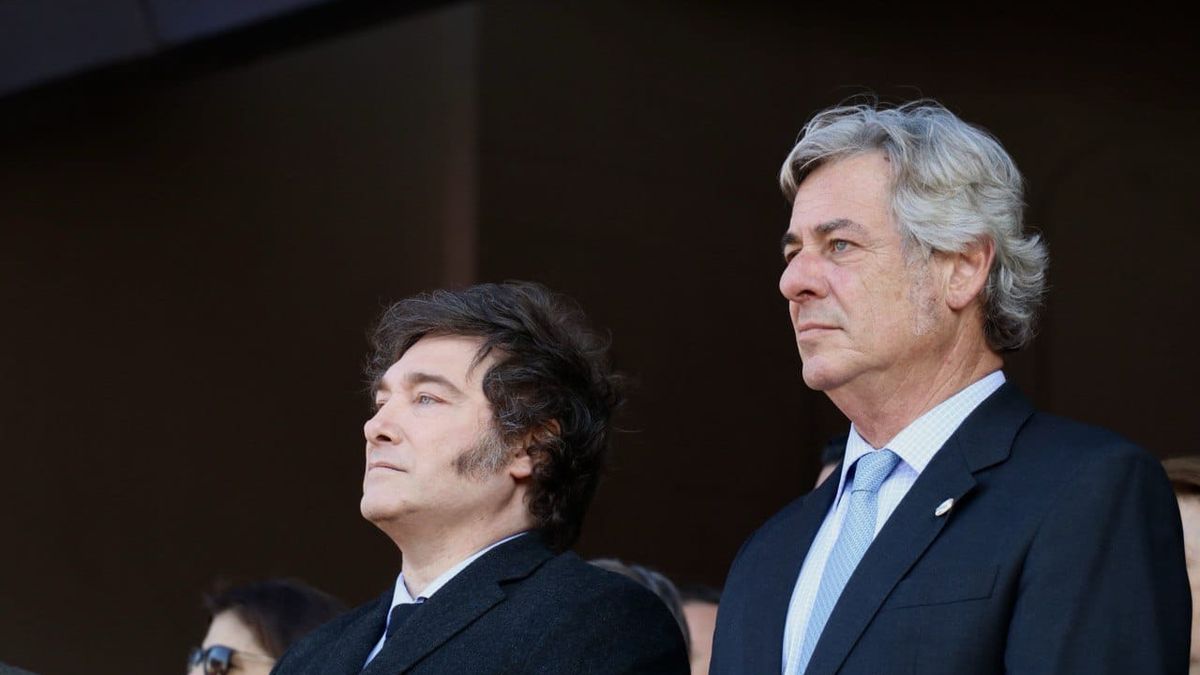Secret information was made public from a special meeting of the Defense Committee. The list of participants was long. The committee chairwoman is now considering reducing the size of the group.
The chairwoman of the Bundestag Defense Committee, Marie-Agnes Strack-Zimmermann, wants to reduce the number of participants at certain meetings in order to reduce the risk of confidential information being passed on from the committee. The FDP politician announced talks on Deutschlandfunk.
The ministries should withdraw employees they have sent when secret matters are discussed. “We will make the suggestion. It will not cause any joy,” said Strack-Zimmermann.
Defense Minister Boris Pistorius (SPD) has already told her that he wants to do this. The committee itself could also make suggestions to ask some of the employees to leave the room when discussing secret topics. They want to talk to the chairmen in the committee about the procedure.
105 people at a secret meeting
After the secret meeting of the Defense Committee on Monday last week, information about the Taurus cruise missile was made public. 105 people took part in the meeting. Bundestag President Bärbel Bas expressed surprise that Strack-Zimmermann had allowed this.
The Liberals pointed out that the committee has 38 full members, and depending on the topic, some of their deputies are also there. Two thirds, however, come from ministries, the Chancellery, the Federal President’s Office, secret services and state representations of the federal states. That is documented law. She couldn’t say there were too many there. “I can’t do that, the President of the Bundestag knows that very well,” emphasized Strack-Zimmermann.
Nevertheless, it must be clear to everyone that if they report from such a meeting, they could be prosecuted, warned Strack-Zimmermann. Since Russia’s attack on Ukraine, she has observed a “casuality” on the part of some people to still report from the committee.
Mast accuses Strack-Zimmermann of malice
The parliamentary managing director of the SPD parliamentary group, Katja Mast, accused Strack-Zimmermann of “low-level and malicious” attacks on the SPD. The chairwoman of the Defense Committee has brought the SPD parliamentary group leader Rolf Mützenich and with him all Social Democratic members of the Bundestag closer to the AfD and Sahra Wagenknecht, said Mast. “The only thing she has underlined is that she is not ready for political discourse.”
Mast referred to statements by Strack-Zimmermann on Deutschlandfunk, where the FDP politician had described Mützenich’s statements about freezing the war in Ukraine as “scandalous” “because Mr Mützenich is turning away from the foreign policy of the Federal Republic of Germany”. This is much more serious than the differences in the debate over the Taurus cruise missile. “The fact that Mr. Höcke, Ms. Wagenknecht and the former Chancellor approve and applaud this says it all,” said Strack-Zimmermann.
Björn Höcke is chairman of the AfD in Thuringia, which the Office for the Protection of the Constitution has classified as right-wing extremist. Sahra Wagenknecht is the former parliamentary group leader of the Left and founder of the new Sahra Wagenknecht alliance. And by the former Chancellor we mean Gerhard Schröder (SPD), who is friends with Russian President Vladimir Putin. “When Mr. Mützenich talks about freezing and these personalities, when that is applauded, he is moving in the direction of taking the work off the Russians,” said Strack-Zimmermann.
In her statement on Tuesday, Wagenknecht described Mützenich’s comments as a “completely correct warning” that unfortunately fell through without consequences. Schröder had told the dpa: “It seems to me that the SPD parliamentary group leader, Mr. Rolf Mützenich, is on the right path. His position should be supported by the party and parliamentary group.” According to his office, Höcke has not yet commented publicly on Mützenich’s statements.
Mützenich asked last Thursday in the Bundestag debate about a Taurus delivery: “Isn’t it time that we not only talk about how to fight a war, but also think about how to freeze a war and later on too can finish?” In addition to the FDP and the Greens, Defense Minister Boris Pistorius (SPD) has also distanced himself from it.
Strack-Zimmermann called Mützenich’s statement “social democratic appeasement politics.” The term appeasement describes a policy of concessions and restraint towards aggressors. Among other things, it is used for the actions of Great Britain in particular against the expansion plans of the German Nazi dictator Adolf Hitler before the Second World War.
Source: Stern
I have been working in the news industry for over 6 years, first as a reporter and now as an editor. I have covered politics extensively, and my work has appeared in major newspapers and online news outlets around the world. In addition to my writing, I also contribute regularly to 24 Hours World.




